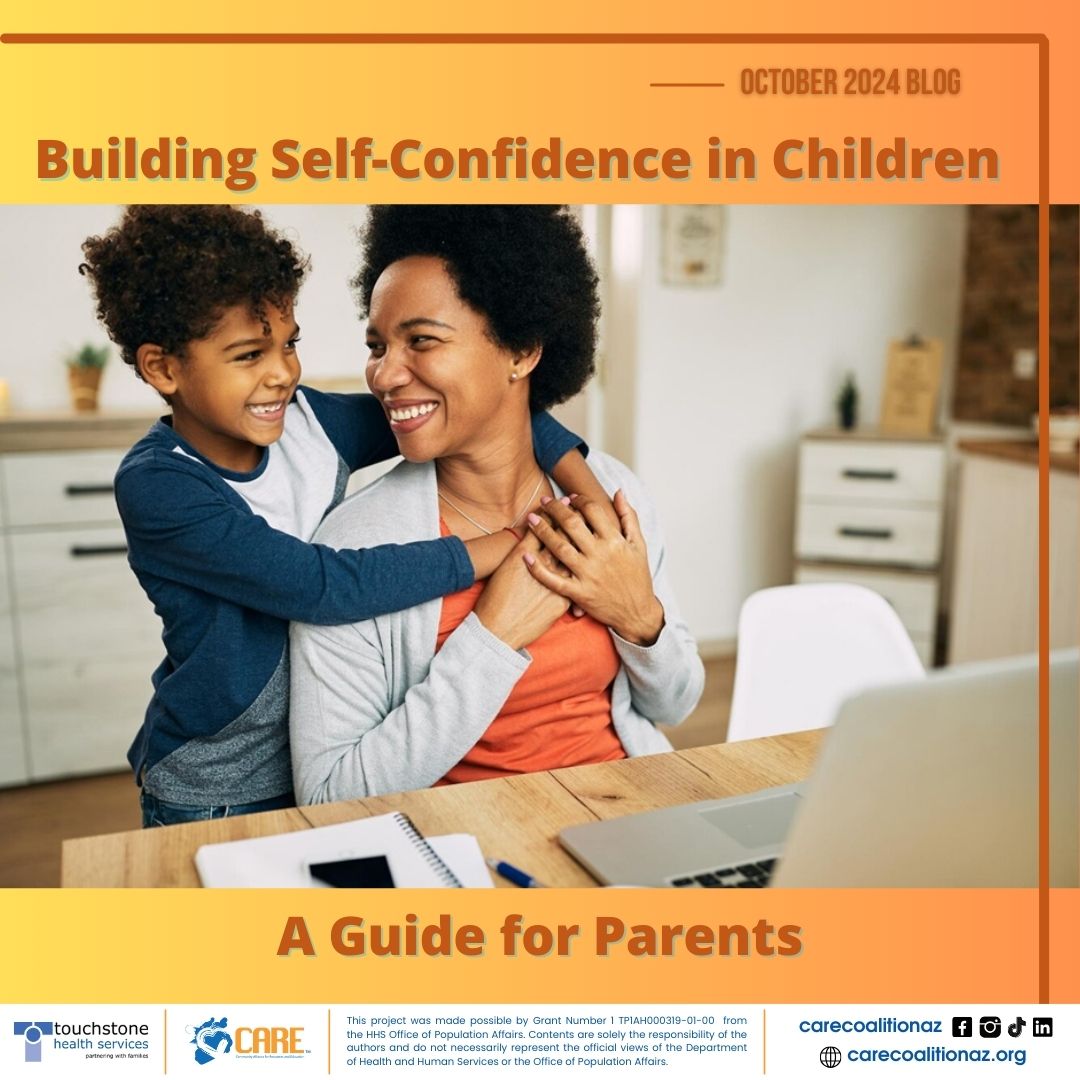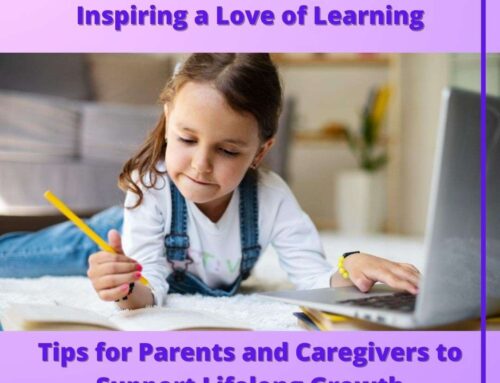Building Self-Confidence in Children: A Guide for Parents
In a world where self-assurance can be a critical asset, the role of a parent in building a child’s confidence is irreplaceable. By adopting specific strategies and attitudes, you can lay a solid foundation of self-esteem that empowers your child throughout their life. This guide from Emily Graham of Mighty Moms will explore methods that support this developmental journey.
Celebrate the Effort
Acknowledging your child’s effort, not just their accomplishments, is essential. When you praise the process they engage in rather than the outcome, you teach them to value hard work and perseverance. This approach fosters an internal motivation that drives them to pursue their interests passionately, regardless of the results. Children learn to appreciate their capabilities and develop resilience against future challenges by focusing on the effort.
Mindfulness Matters
Encouraging your child to practice mindfulness can significantly enhance their emotional well-being. Mindfulness teaches them to stay focused on the present moment, which helps reduce anxiety about past events or future uncertainties. This supports them in setting and achieving their goals as they learn to handle stress and negative thoughts more effectively.
Unique Qualities are Superpowers
Help your children recognize and take pride in their unique qualities. Whether it’s a quirky sense of humor, an unusual hobby, or a distinctive way of thinking, these characteristics make them who they are. Celebrating these differences affirms their value and encourages them to express themselves. Confidence blooms when children feel accepted for who they are.
Encourage Your Children to Try Video Journaling
Video journaling allows kids to express their thoughts and emotions creatively, helping them develop communication skills and emotional awareness. By regularly recording their experiences, they can reflect on their growth, building self-confidence and a sense of accomplishment. It also encourages them to practice storytelling and technical skills, such as filming and editing, to boost their problem-solving abilities and creativity. This free video maker can help!
Unconditional Love and Support
Demonstrate unconditional love and support, showing your child that your affection does not depend on their successes or failures. This stable emotional support provides them a safe space to explore their abilities and interests without fear of judgment. Knowing they have a secure base to return to makes it easier for them to take developmental risks.
Decision-Making Builds Independence
Offering children choices helps them develop a sense of independence and self-trust. Allow them to decide about their activities, what they wear, or how they organize their time. These choices reinforce their ability to direct their lives and encourage them to take responsibility for their actions, boosting their confidence as they see the results.
Explore and Expand Horizons
Support your child in exploring new activities and interests. Whether it’s sports, arts, coding, or any other field, new experiences can bolster their self-confidence as they discover what they enjoy and excel at. Each new activity provides a stepping stone that builds their self-esteem, helping them feel competent and accomplished.
Learning from Setbacks
Help your child understand that setbacks are natural and essential to learning. When they face challenges, guide them to see these as opportunities for growth rather than obstacles. This perspective helps them develop a resilient mindset crucial for building confidence. They learn that failure is not a reflection of their worth but a chance to learn and improve.
Each of these strategies offers a valuable tool in your parenting arsenal to help bolster your child’s confidence. By consistently applying these principles, you create an environment where your child feels empowered to explore their potential fully. You provide them with love and support and the building blocks for a confident and resilient adulthood.






